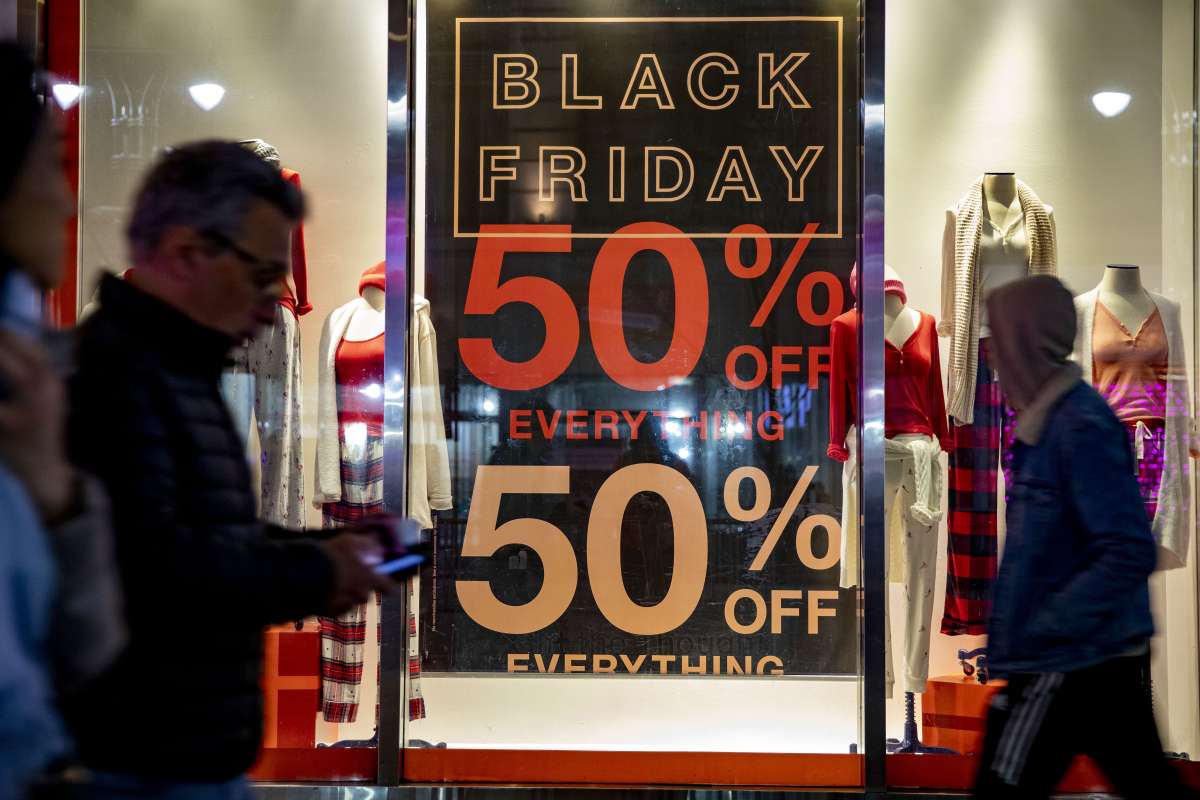Consumers spent $72.2 billion online in October, 10.9 per cent more than they did in the month prior…reports Asian Lite News
People spent $5.3 billion in online shopping on Thanksgiving Day in the U.S., up 2.8 per cent from last year.
According to Adobe Analytics, mobile devices accounted for 55 per cent of all online shopping, up 8.3 per cent from a year ago.
“Thanksgiving this year has become an inflection point, where smartphones drove real growth and highlights how much these experiences have improved,” said Vivek Pandya, lead analyst, Adobe Digital Insights.
Consumers spent $72.2 billion online in October, 10.9 per cent more than they did in the month prior.
The spend is on par with what consumers spent last year ($72.4 billion in October 2021), where earlier deals also drove an uptick in early holiday shopping, according to Adobe Analytics.
Consumers were enticed by bargains in categories including electronics and toys, where discounts have been as high as 17 per cent and 15 per cent, respectively.
“Shoppers have also seen good deals for computers (10 per cent), with more modest discounts in categories like televisions (4 per cent), sporting goods (3 per cent) and furniture (2 per cent),” said the report.
Adobe expects the best deals to still happen around Cyber Week.
Adobe has predicted that Cyber Week will generate $34.8 billion in online spend this year, up 2.8 per cent on a year ago.
“Despite inflationary pressures and the rising cost of borrowing, there was not a material decline this year in early holiday shopping,” said Taylor Schreiner, senior director, Adobe Digital Insights.
“With over $72 billion spent online in October, e-commerce demand has shown itself to be durable and resilient, in spite of a challenging macroeconomic environment,” Schreiner added.
Hackers create fake websites
Threat actors are hosting websites for malicious campaigns centred around the Black Friday theme and e-commerce, cryptocurrency and travel are the top targets, a new report has revealed.
Researchers found cybercrime forums across various languages are rife with chatter about Black Friday.
While some actors are promoting their malicious services/campaigns, others are looking to avail them, according to CloudSEK researchers who also discovered an Ethereum giveaway scam website.
“Compromised personal identifiable information (PII) and banking credentials can be used to perform unauthorised transactions and social engineering attacks,” they warned.
CloudSEK’s contextual AI digital risk platform ‘XVigil’ discovered hundreds of Black Friday-themed domains registered and operational.
Common forms of attacks included the impersonation of legitimate websites, services for Google/Facebook ads, and the spread of malicious applications.
“Various elements come into play here, right from hosting a website to gaining critical information of victims by using different techniques. Threat actors are constantly looking for opportunities to siphon crucial data or money,” said Rishika Desai, Cyber Threat Researcher, CloudSEK.
The finding showed that website cloning is a common technique used by hackers of all levels of sophistication to host fake instances of legitimate websites.
“The iconic Black Friday sale has become a global theme now where cybercriminals at every level and expertise try their best to launch malicious campaigns. Most of these campaigns misuse or impersonate popular brands and companies providing sales and services to cheat the public,” Desai added.
The researchers advised to be aware of the freebies, attractive deals and seemingly suspicious third-party solutions.














